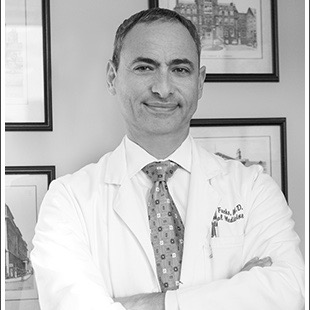Lots of my patients take vitamin supplements. I don’t recommend them. My patients don’t ask me about it, they just tell me. In the absence of a specific vitamin deficiency or medical condition, there is absolutely no evidence that any vitamin improves any health outcome. I’ve always assumed that vitamins are generally ineffective, but harmless. Some patients are very eager to feel like they’re doing everything they can to be healthy, and I usually decide not to say anything and instead save my credibility for convincing them to exercise or to take their prescription medications as directed. I figure that building trust is better than arguing against their harmless placebo. But maybe I’ve been wrong.
Enthusiasm for vitamins is apparently as deep as the evidence that they don’t help. About twenty years ago antioxidants, including vitamin E, became all the rage, not because we knew them to be helpful, but because what we thought we understood about cell biology suggested that they should be helpful. Since then every rigorous trial has shown vitamin E ineffective in whichever condition it was supposed to help, most recently in preventing heart attack and stroke.
A large trial was started in 2001 to test if vitamin E or selenium might help prevent prostate cancer. Again, there were sound biological reasons to suppose that this might be the case. About 35,000 men were randomized to four groups. One group took 400 units of vitamin E daily. The second took 200 mcg of selenium daily. The third group took both vitamin E and selenium. The last group took placebo. The trial was stopped in 2008 as it became clear that neither selenium nor vitamin E decreased prostate cancer incidence.
But a ” target=”_blank”>More Evidence Against Vitamin Use (NY Times health blog)
” target=”_blank”>Vitamin E and the Risk of Prostate Cancer (Journal of the American Medical Association)
Important legal mumbo jumbo:
Anything you read on the web should be used to supplement, not replace, your doctor’s advice. Anything that I write is no exception. I’m a doctor, but I’m not your doctor.






















 More news and opinions than at a Shabbat dinner, right in your inbox.
More news and opinions than at a Shabbat dinner, right in your inbox.